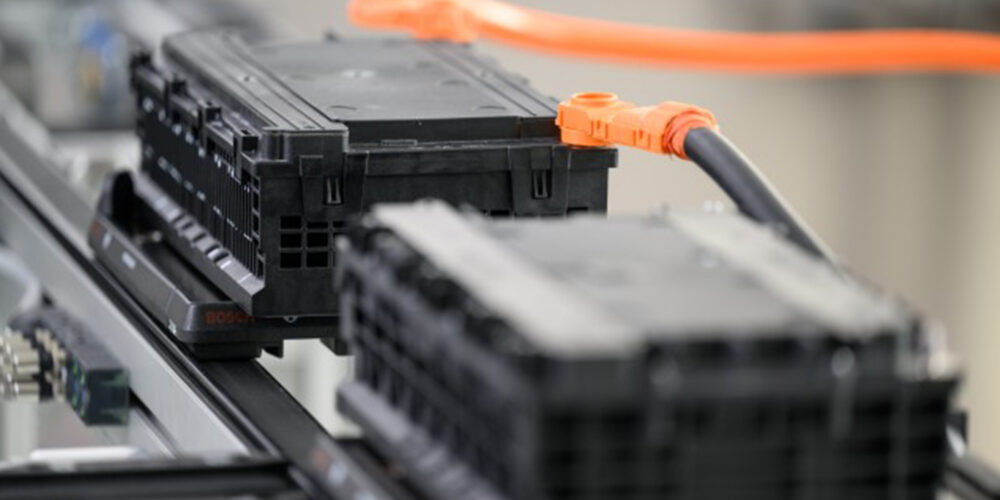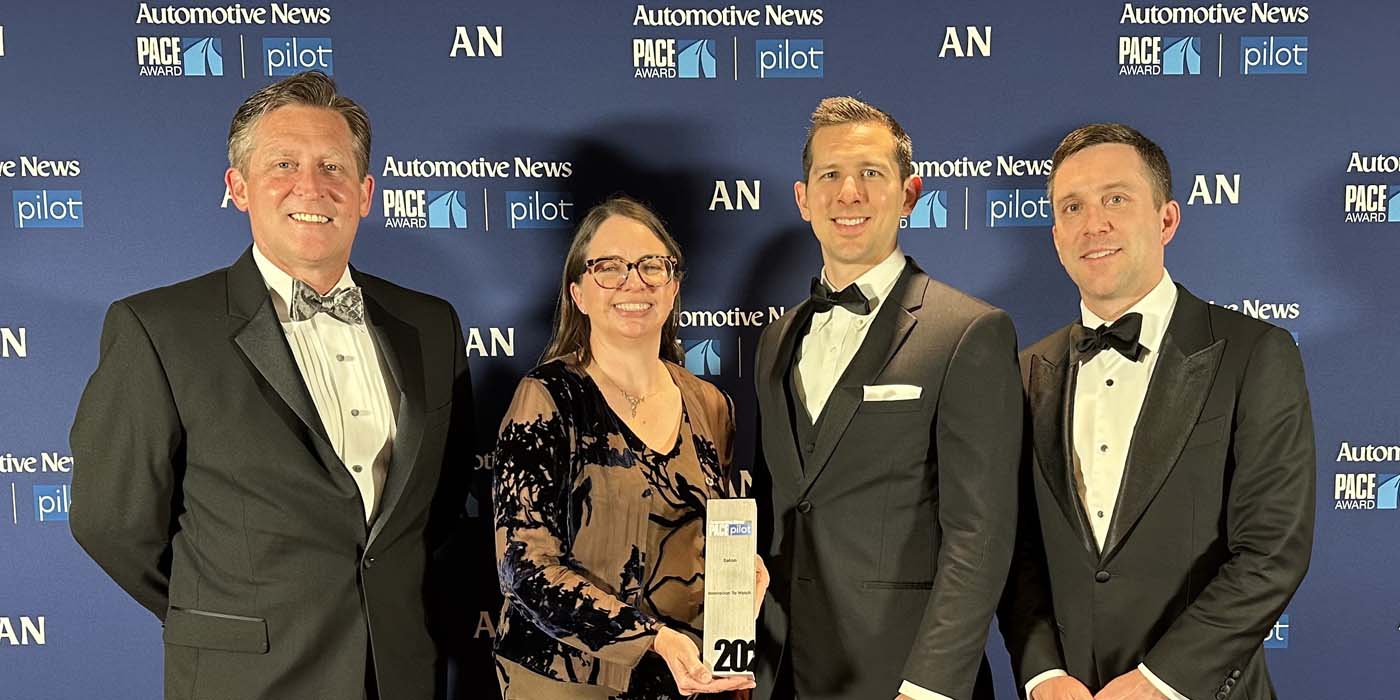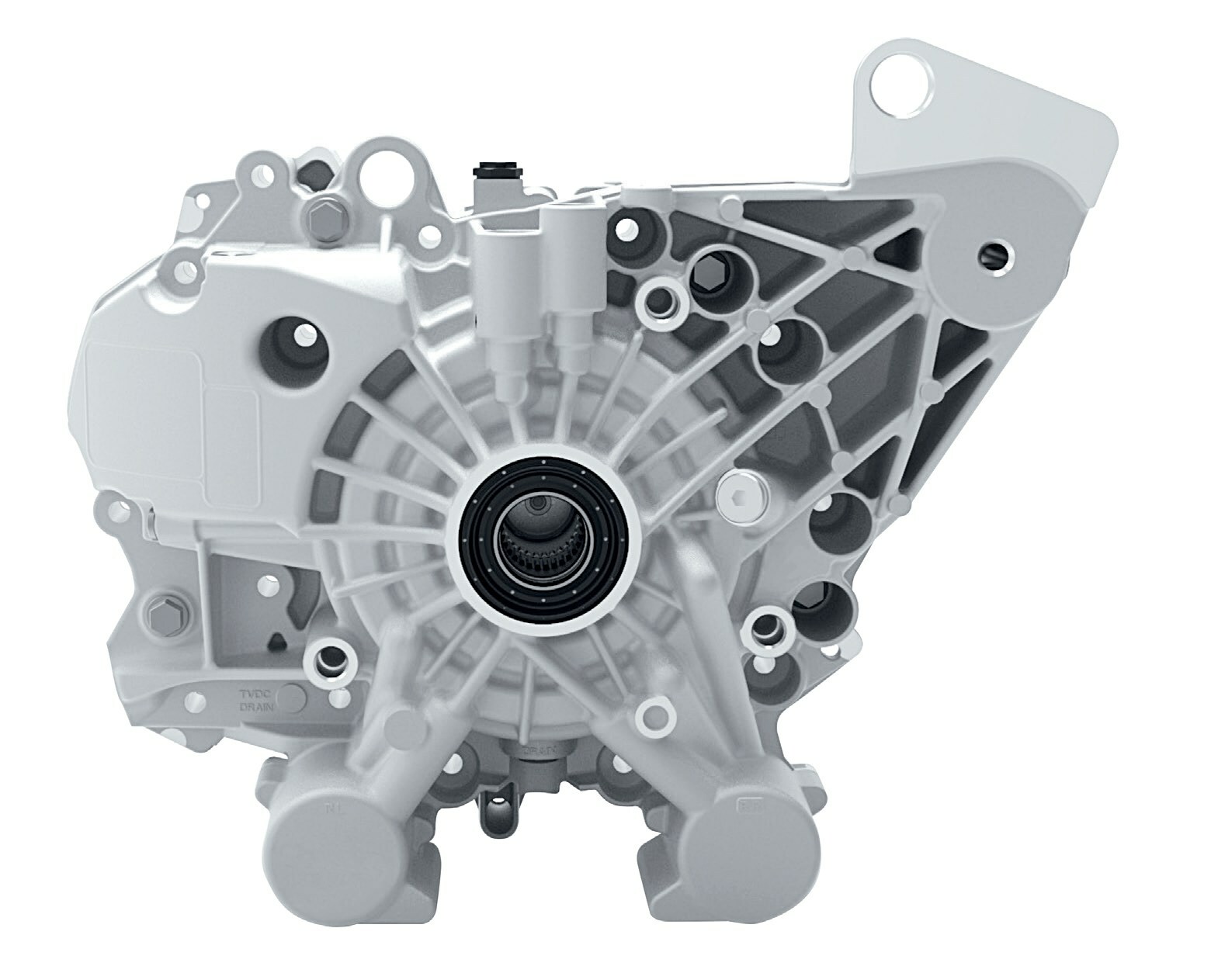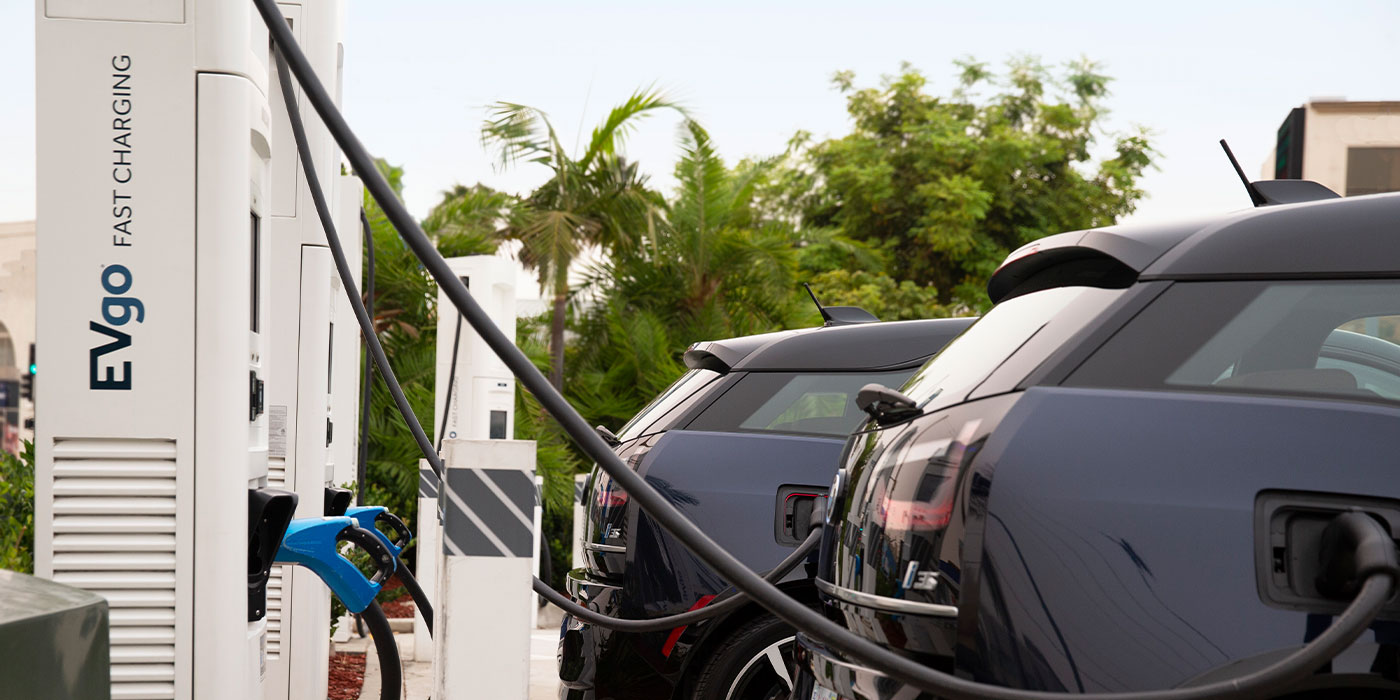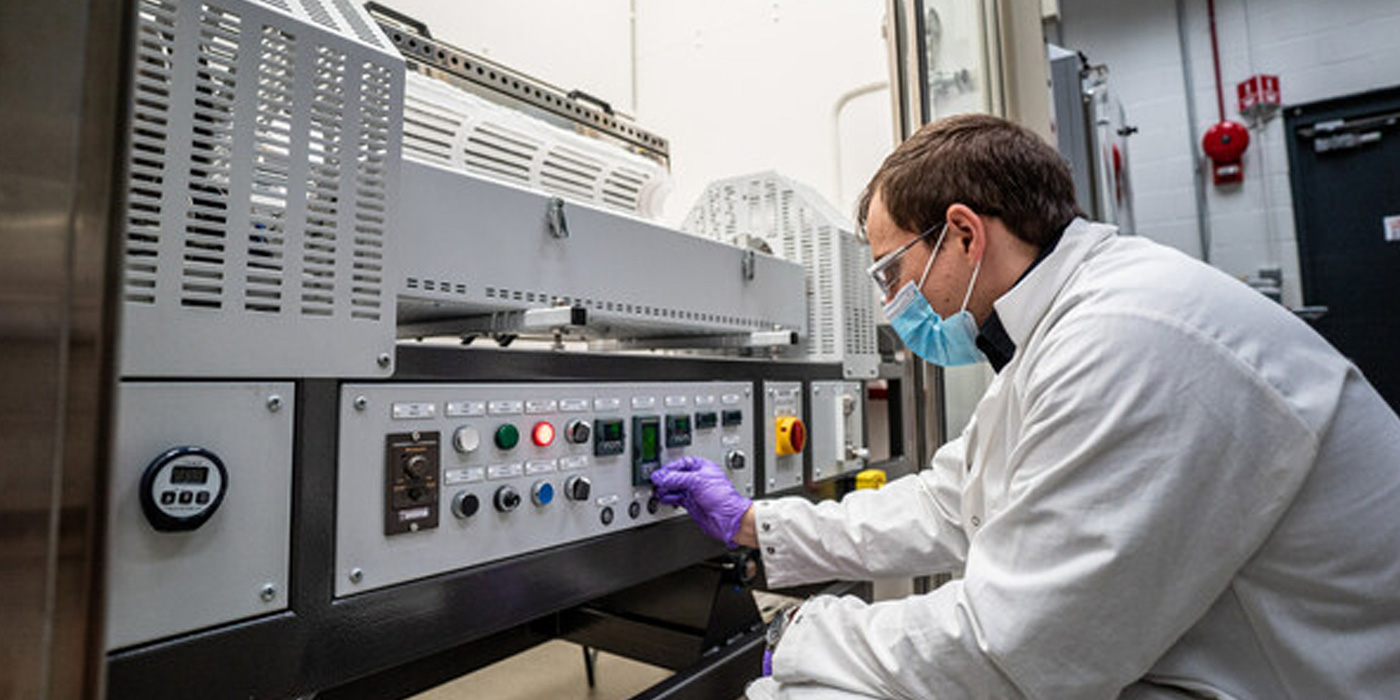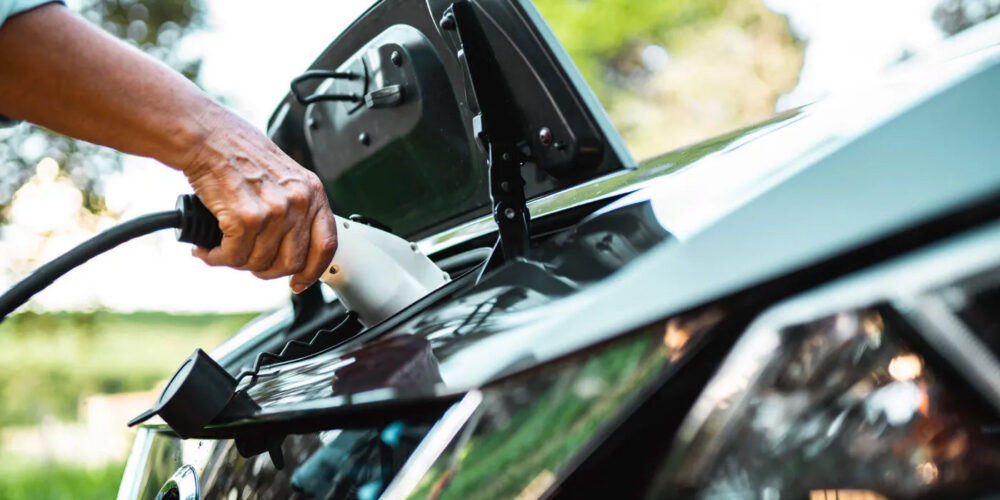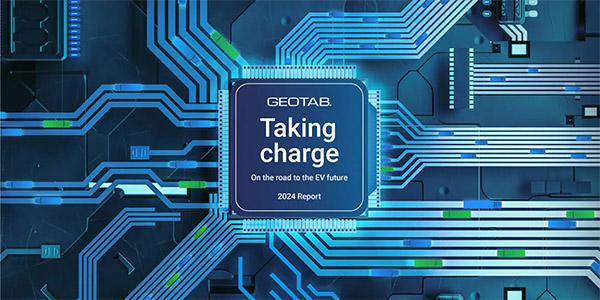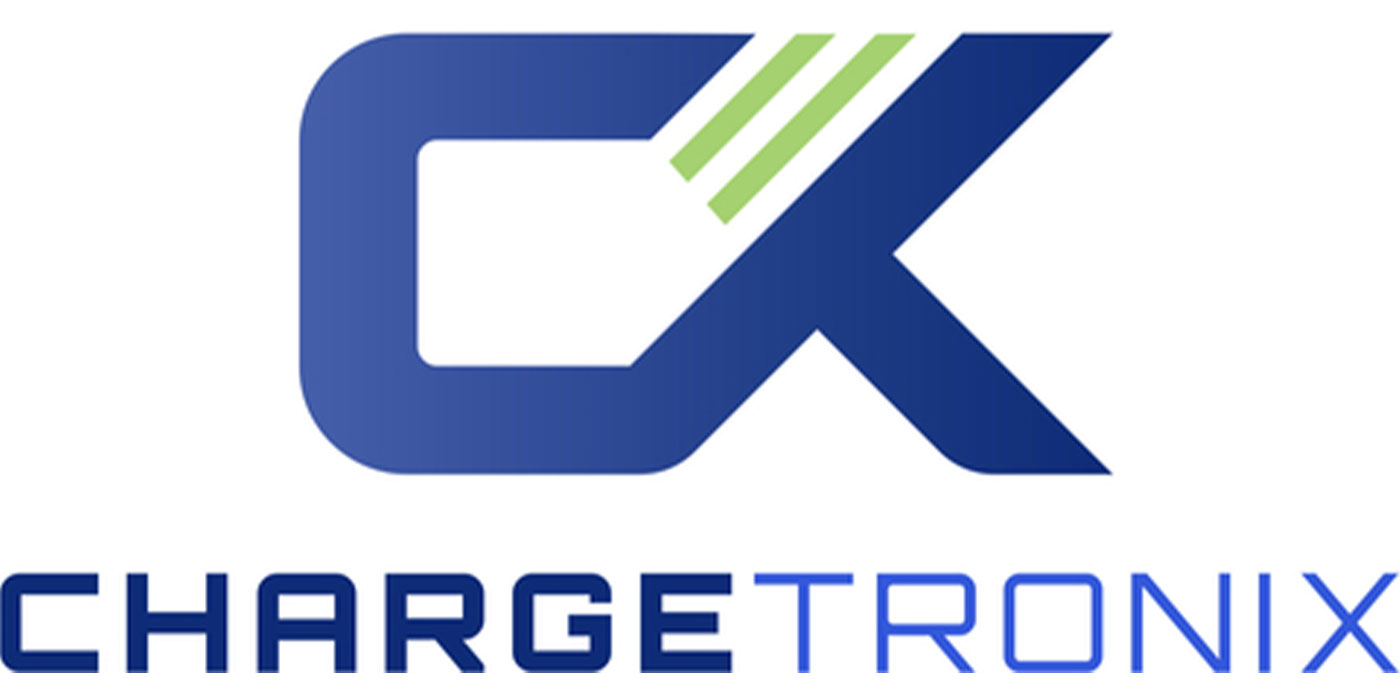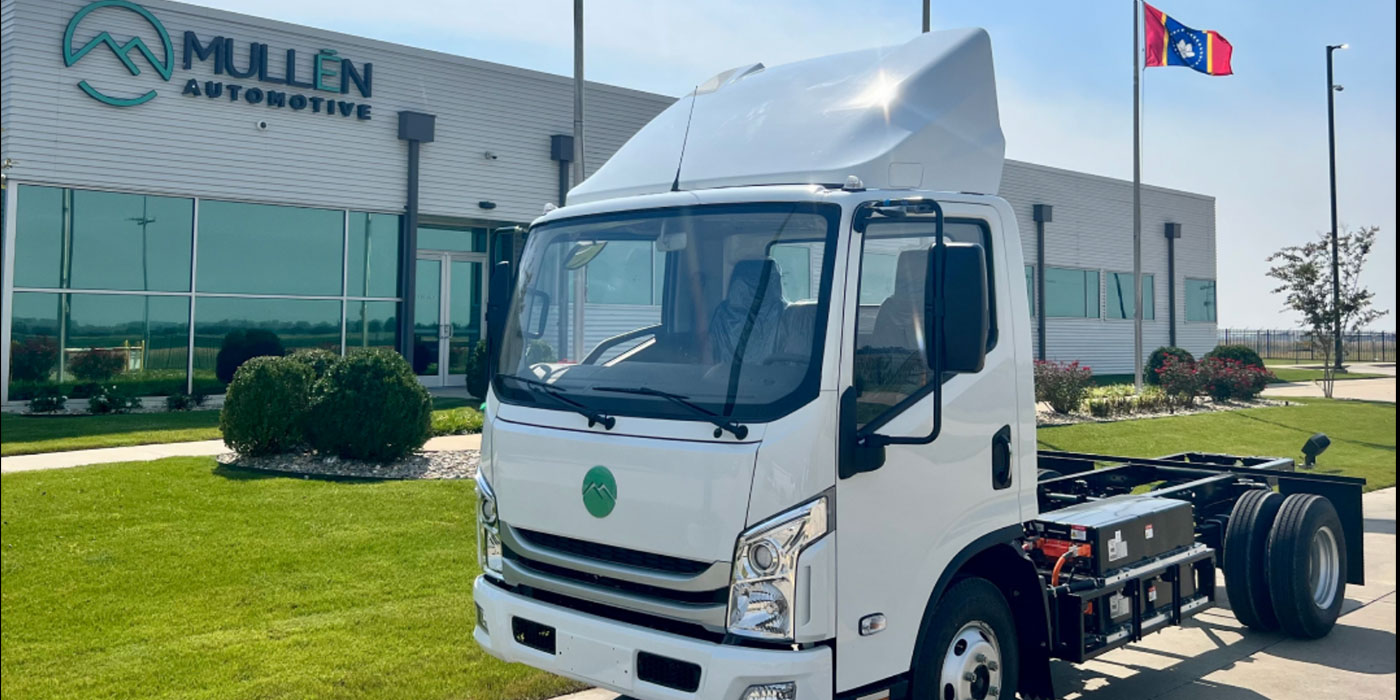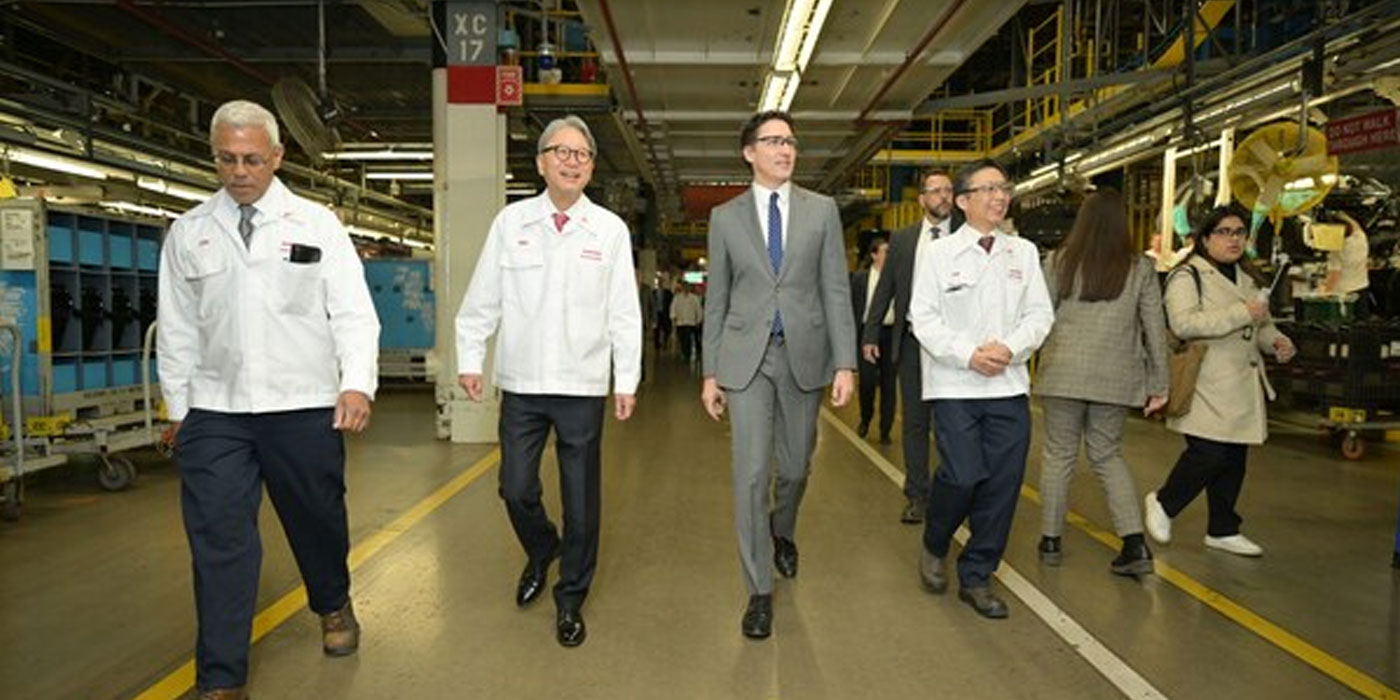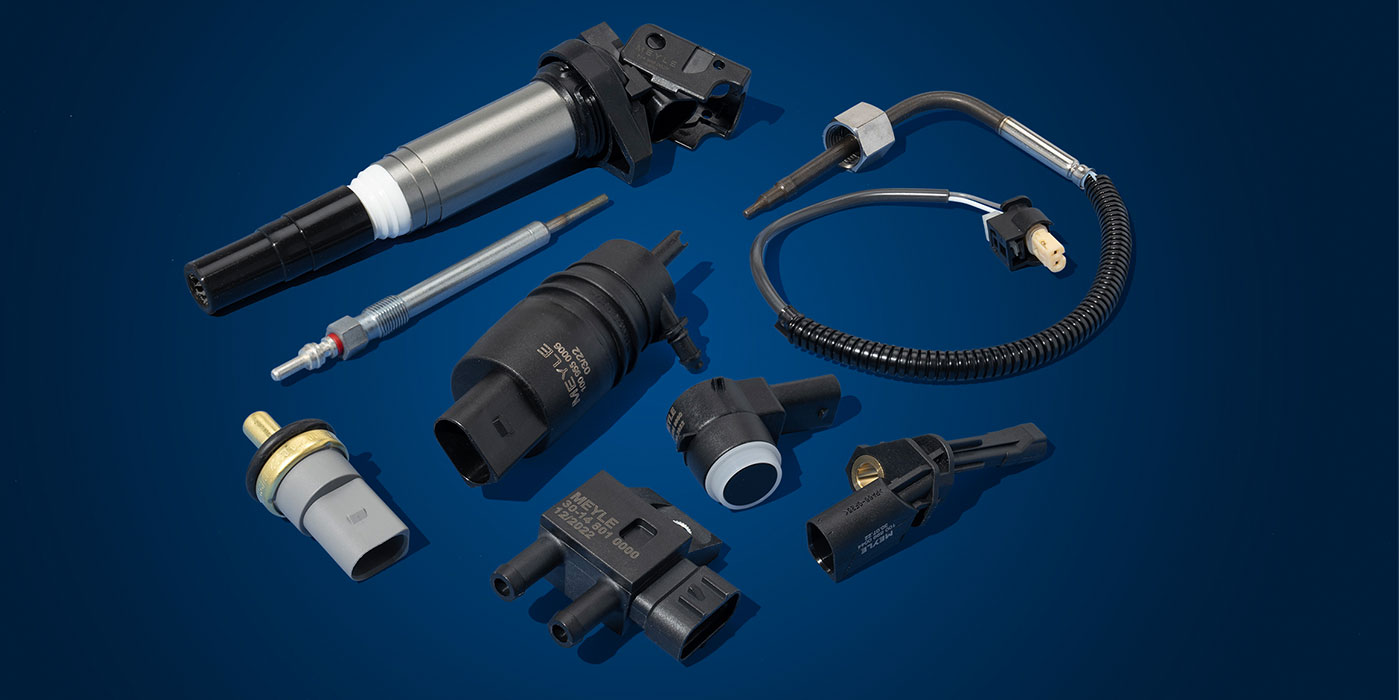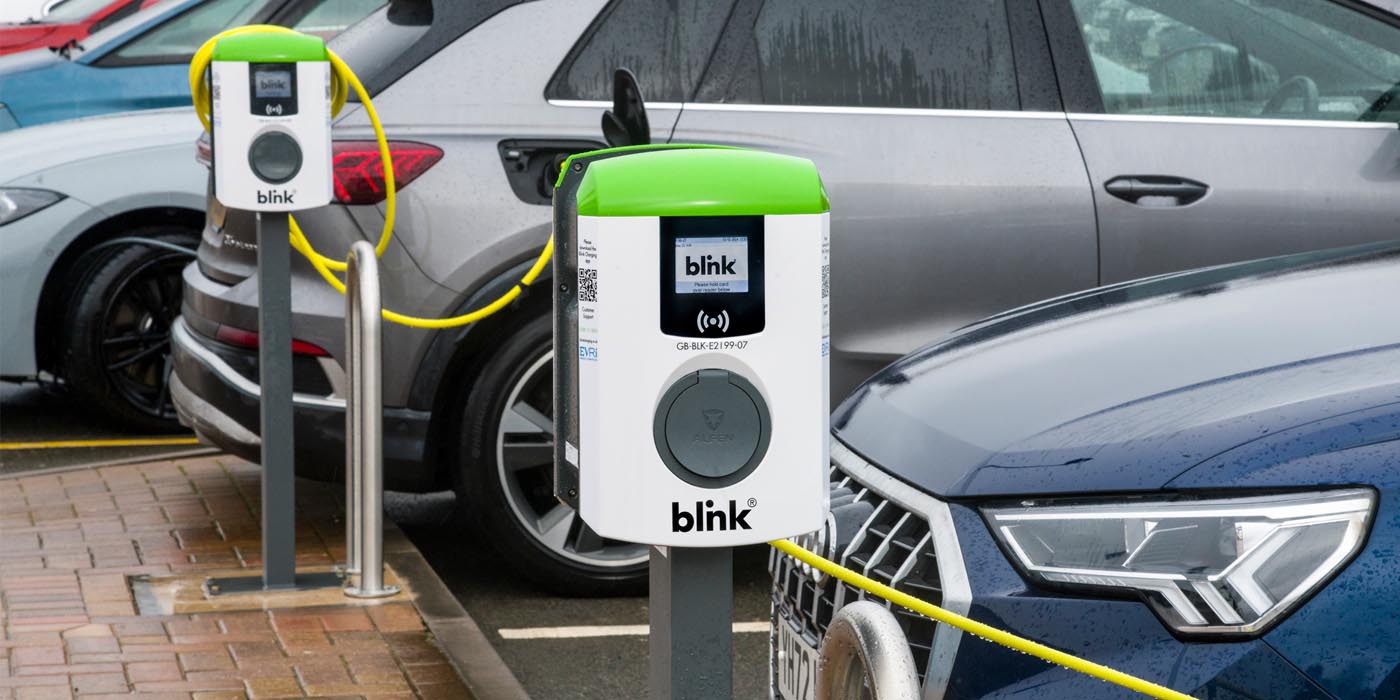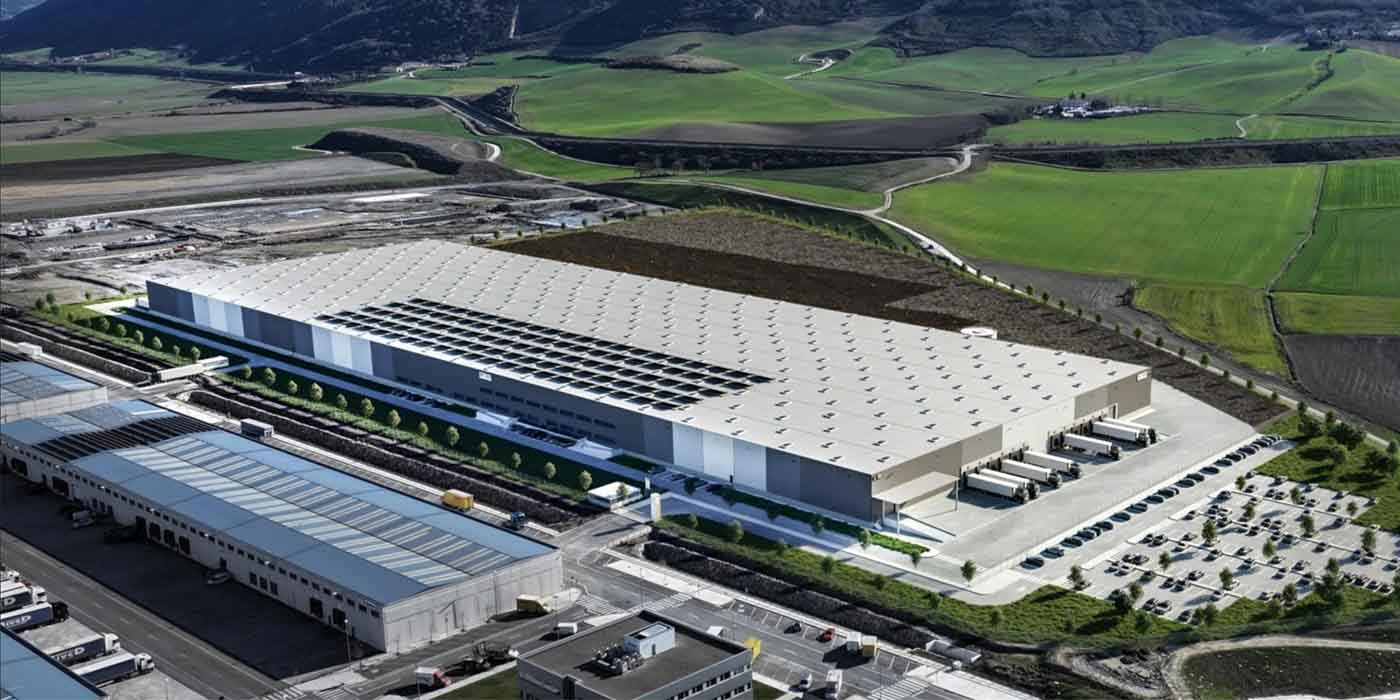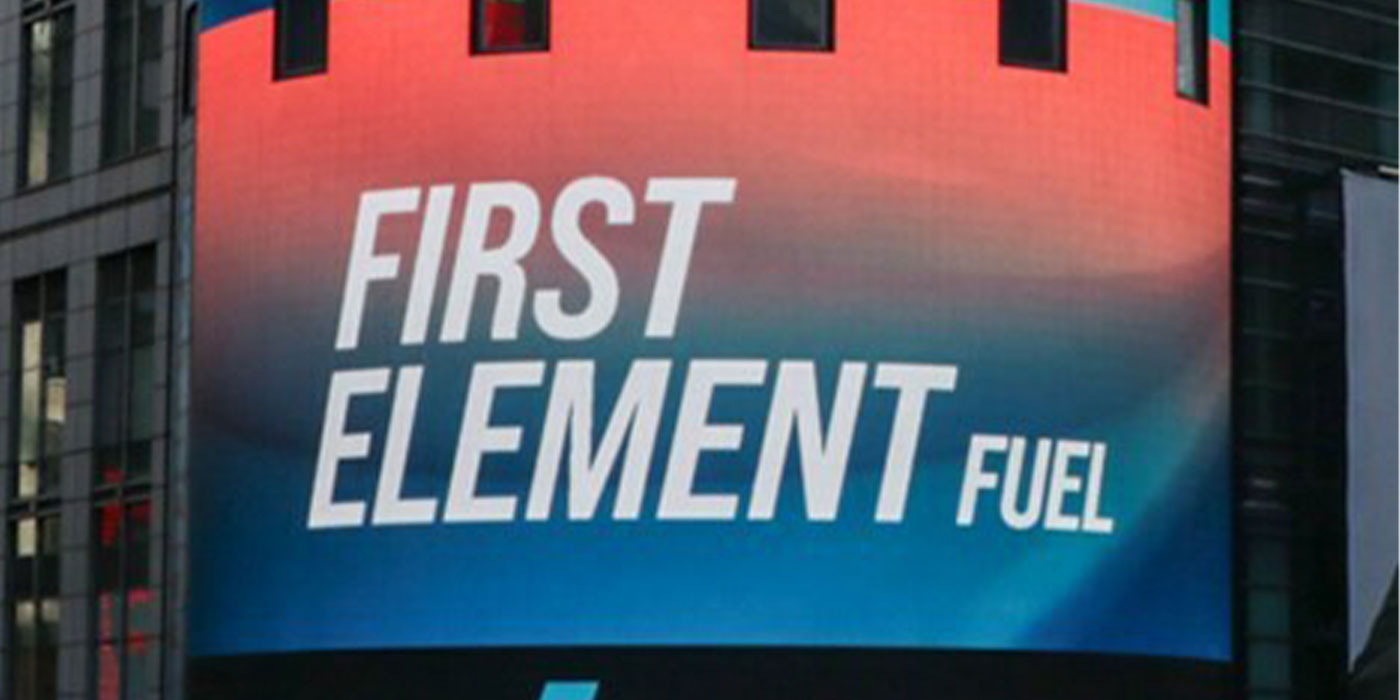With the expansive growth of electric vehicles on European roads, Bosch announced it has developed special machinery, equipment, and software to meet the increasing demand for batteries and the recycling of the raw materials they contain, such as lithium, cobalt, and nickel.
Its subsidiary Bosch Rexroth is supplying Battery Lifecycle Company – a joint venture between REMONDIS subsidiary TSR Recycling and Rhenus Automotive – with Europe’s first fully automated system for discharging and disassembling battery modules, the company announced.
Bosch estimates EVs will account for around 70 percent of all newly registered passenger cars in Europe by 2030.
“Electromobility can only establish itself in the long term if sufficient raw materials are available for battery production. Recycling plays a key role here, and helps place our output on a sustainable footing: we reuse what we use, and we recover raw materials,” says Dr. Stefan Hartung, chairman of the Bosch board of management.
Experts predict that by 2030, Europe will require recycling capacity for up to 420,000 metric tons of battery material each year (Source: Fraunhofer ISI, 2023).
“If we want to build a European circular economy, we need to integrate recycling firmly into the product life cycle and create the necessary infrastructure to do so. Bosch is contributing its technical expertise to this,” Hartung adds.
Bosch says it will present industrial technology for battery recycling at Hannover Messe, April 17–21, 2023.
Battery Lifecycle Company is building Europe’s first fully automated plant at its site in Magdeburg, with Bosch Rexroth supplying the technology. The site will test used batteries from different manufacturers, deep-discharge them, and prepare them for subsequent shredding. The new plant’s workpiece carriers will each transport battery materials weighing up to 150 kilograms at a speed of 18 meters per second. This means that it will take less than 15 minutes to automatically discharge eight lithium-ion batteries from electric cars. Bosch says its automated solution will greatly increase the speed of recycling: with the manual process currently used, it takes up to 24 hours to deep-discharge a battery.
The model project in Magdeburg is the first to use this patented Bosch discharging solution: battery modules will be chemically deactivated in a reliable process, ensuring that further processing can take place without voltage. The residual energy in the modules can be used to operate the recycling system.
Each year, the Battery Lifecycle Company site will recycle up to 15,000 metric tons of battery materials. The plant is scheduled to go into operation in summer 2023.

